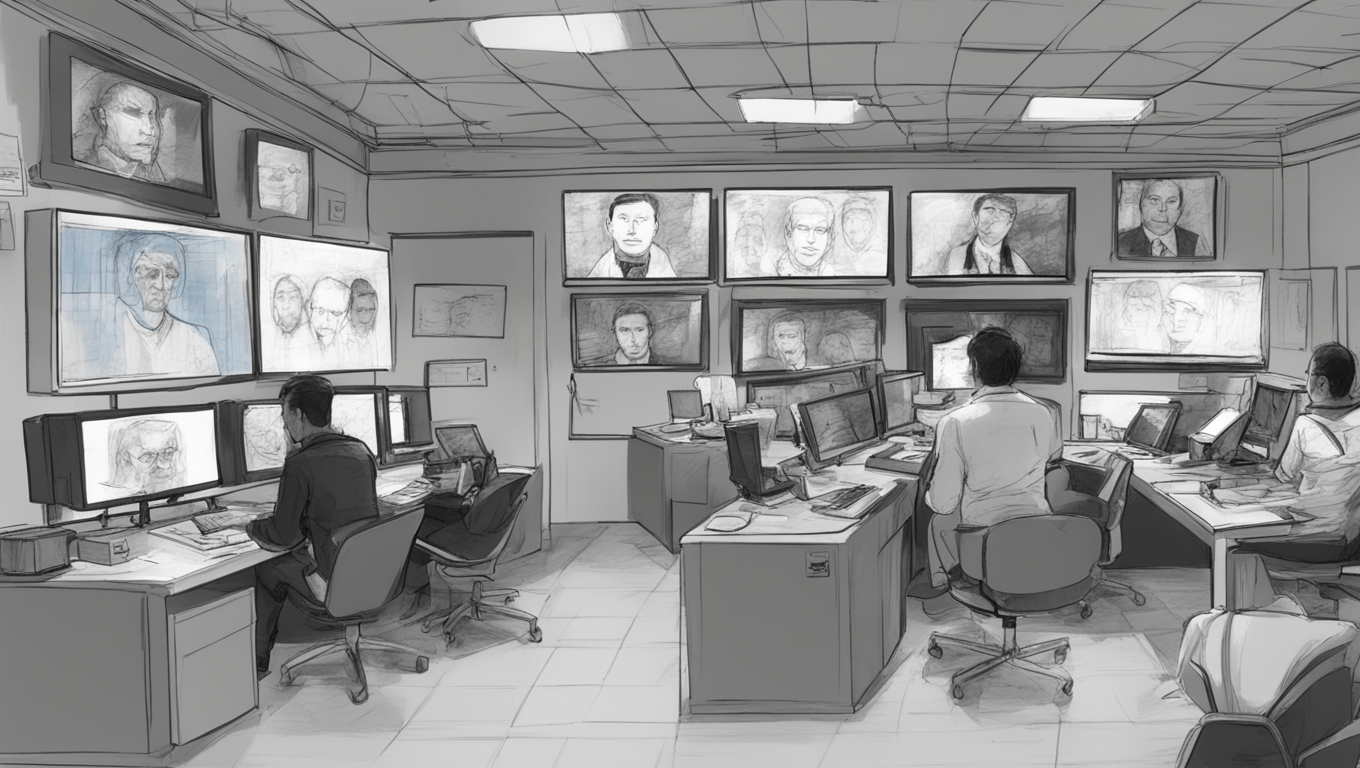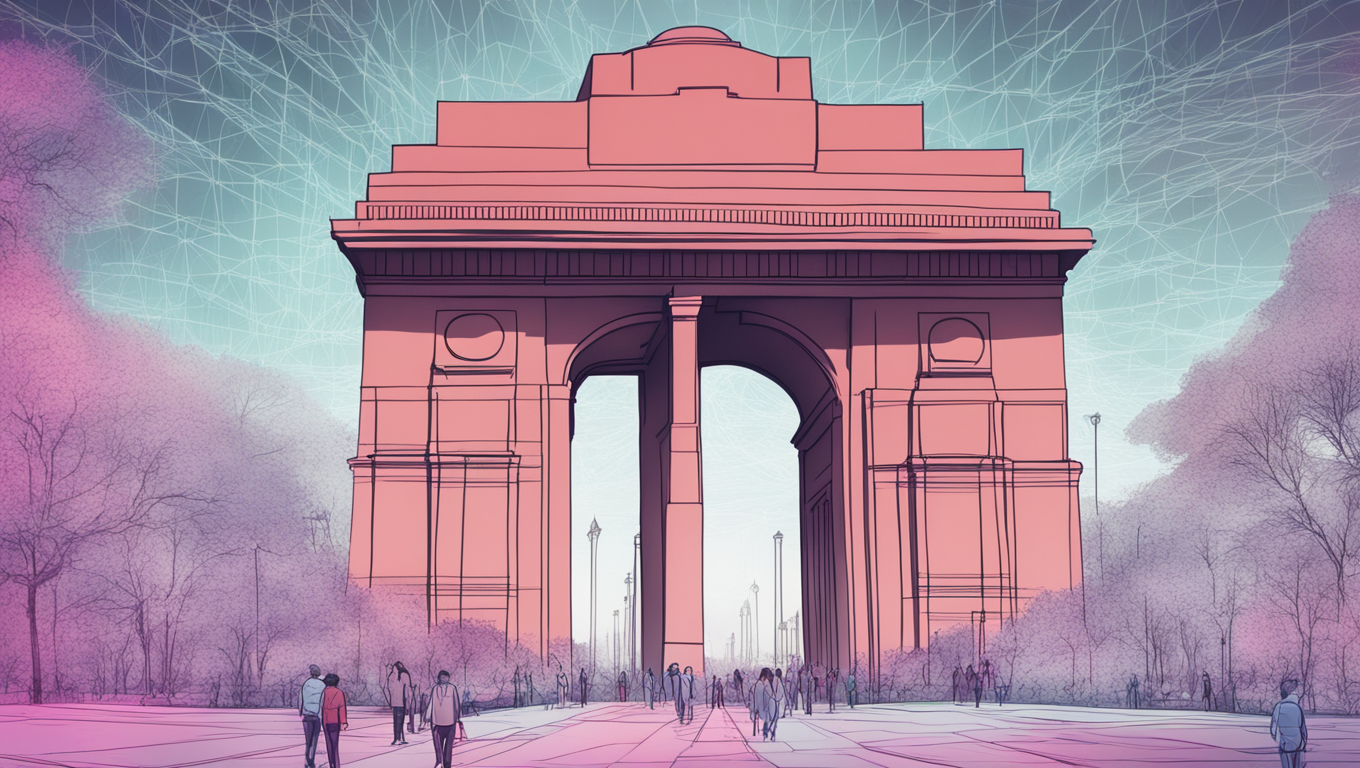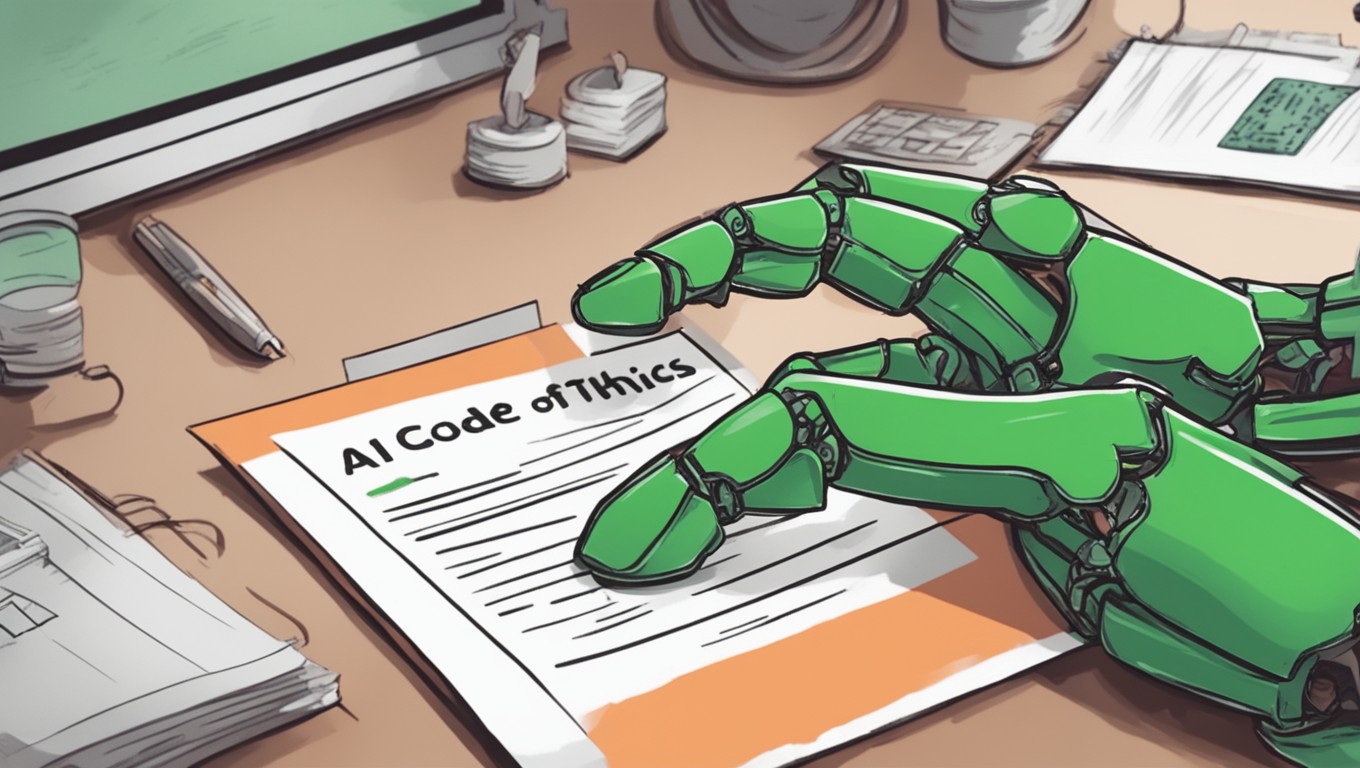In an effort to ensure the integrity of its exams, India’s Union Public Service Commission (UPSC) has announced the deployment of facial recognition and AI-based CCTV surveillance systems. This move comes amidst concerns of cheating and impersonation in exams such as NEET and NET. The UPSC, which conducts 14 major exams including the prestigious Civil Services Examination, is inviting bids from experienced public sector undertakings to develop two technological solutions: Aadhaar-based fingerprint authentication and facial recognition of candidates, as well as live AI-based CCTV surveillance services.
With approximately 2.6 million candidates expected to appear for these exams at various centers across the country, the UPSC is keen on conducting the examinations in a fair and impartial manner. In its tender document, the Commission stated, “To fulfill these objectives, the Commission intends to use the latest digital technology to match and cross-check the biometric details of the candidates and to monitor their activities during the examination to prevent cheating, fraud, unfair means, and impersonation.”
The implementation of facial recognition, QR code scanning of e-admit cards, and live AI-based CCTV surveillance aims to strengthen the examination process and eliminate any possibility of malpractices by candidates. The selected service provider will use data provided by the UPSC for Aadhaar-based fingerprint authentication and facial recognition during the exams.
The UPSC has outlined several specific requirements in its tender document. These include provisions for a real-time attendance monitoring system, with GPS coordinates and timestamps to ensure enrolment is done during the stipulated shift. Facial recognition should be performed using a stateless transaction of two images: one provided during online registration and the other captured on the day of the exam.
Furthermore, the UPSC plans to implement CCTV/video surveillance with recording and live broadcast systems to monitor candidates' activities and the personnel involved in conducting the exams. Each exam hall/room will have one CCTV camera for every 24 candidates, ensuring no blind spots. The AI-based video system will generate alerts for movements detected at entry/exit gates, improper arrangement of furniture, offline or tampered cameras, movements in classrooms before or after the exam, and inactivity of invigilators. These alerts will help flag incidents indicating cheating, unfair means, or absence of invigilators.
The bid document for this project is open until July 7, with the bid opening on the same day. The UPSC is committed to leveraging the latest digital technologies to maintain the integrity of its exams and ensure a fair playing field for all candidates. With the implementation of facial recognition and AI-based CCTV surveillance, the Commission aims to eradicate any potential malpractice and deliver unbiased and merit-based selections for various posts in the Indian government.





Use the share button below if you liked it.